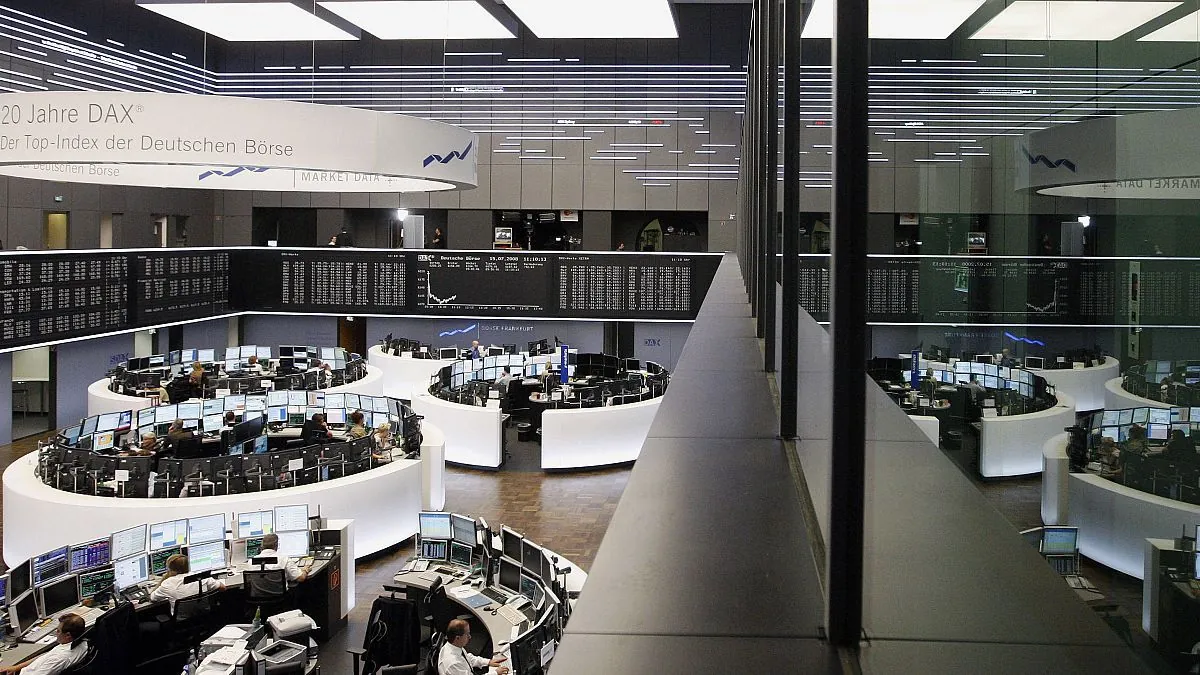On August 27, 2024, most Gulf stock markets experienced a downturn amid rising tensions in the Middle East, although the prospect of US interest rate cuts helped mitigate losses. The escalation of conflict in the region has cast a shadow over investor sentiment, while global economic factors continue to influence market dynamics.
Israel issued new evacuation orders for Deir Al-Balah in the central Gaza Strip on August 25, 2024, forcing more families to flee. The Israeli military stated its intention to act against Hamas and other militant groups operating in the area. This development marks another chapter in the ongoing conflict, which has seen limited progress in diplomatic efforts by Qatar, Egypt, and the United States to broker a resolution.
The Saudi Arabian benchmark index declined by 0.6%, with notable losses in Al Taiseer Group and Al Rajhi Bank. Qatar's main index fell 0.3%, primarily due to a decrease in Industries Qatar's stock value. The Abu Dhabi index also experienced a slight dip of 0.2%.
In contrast, Dubai's main share index rose by 0.4%, with Emaar Properties, the developer behind the world's tallest building, the Burj Khalifa, gaining 1.1%. This divergence highlights the complex interplay of regional and global factors affecting Gulf markets.
The ongoing tensions in the Middle East have been a significant concern for investors since the establishment of the Gulf Cooperation Council in 1981. The region's geopolitical landscape, including the involvement of groups like Hamas, founded in 1987, continues to impact economic stability and market performance.
"The time is upon us" to cut borrowing costs.
This statement echoes the sentiment expressed by Fed Chair Powell at the Jackson Hole Economic Symposium, an annual event held since 1978. The potential for interest rate cuts has sparked optimism among investors, with the CME FedWatch tool indicating a 70% chance of a 25-basis-point reduction and a 30% probability of a larger 50-basis-point cut.
The Federal Reserve System, established in 1913, plays a crucial role in shaping US monetary policy, which in turn influences global markets. The use of basis points, where one point equals 0.01%, allows for precise communication of these potential changes.
Outside the Gulf region, Egypt's blue-chip index advanced by 0.8%, with Talaat Mostafa Holding, a major real estate developer founded in 1994, rising 2.7%. This positive movement comes as the International Monetary Fund (IMF), established in 1944, has softened several conditions of its $8 billion financial support package to Egypt, allowing more time for reforms.
The contrasting market performances across the region reflect the complex interplay of local and global factors. While the Gaza Strip, under blockade since 2007, remains a focal point of tension, the potential easing of US monetary policy offers a counterbalance to regional instability.
As investors navigate these turbulent waters, the resilience of institutions like the Dubai Financial Market, established in 2000, and the ongoing development of the region's financial infrastructure will play crucial roles in shaping the economic landscape of the Middle East.
